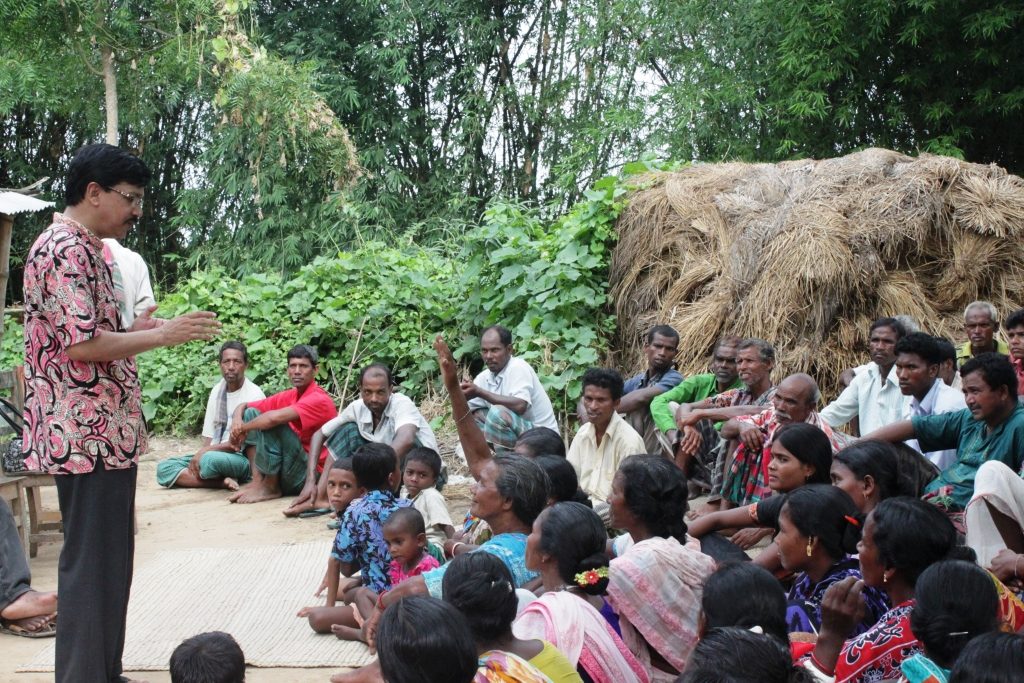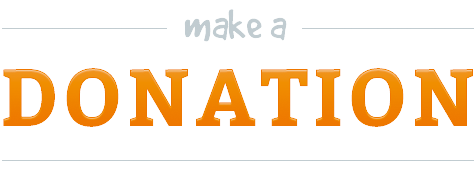Gyan Bikash Kendro-Knowledge Center
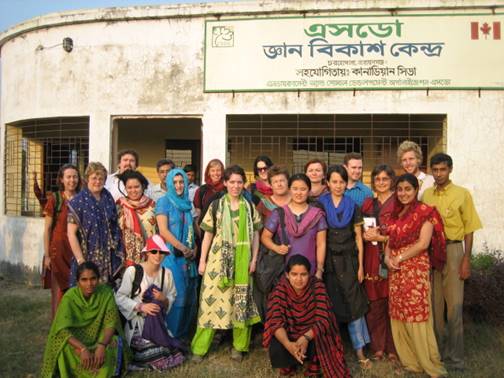
GBK (Gyan Bikash Kendro)
Environment and Social Development Organization-ESDO establish BGK and start operation the Gyan Bikash Kendro (Indigenous Knowledge and Resource Center) at its Eco-village-1 site in Bathgari, Rangpur in 2002. After three years of successful operation in Rangpur, ESDO open two more GBK in Munshinganj and Natore in 2005 and 2006.
GBK-RESOURCE CENTER
Our project features a Resource Center called GBK for the farmer’s community, which includes a library and computer and internet services. The Resource Center shows educational films twice a week. The project participants are publishing a quarterly magazine with news, information, and creative writing from community members. To emphasize literacy, reading groups have been started and a mobile library makes home delivery of books and newspapers.
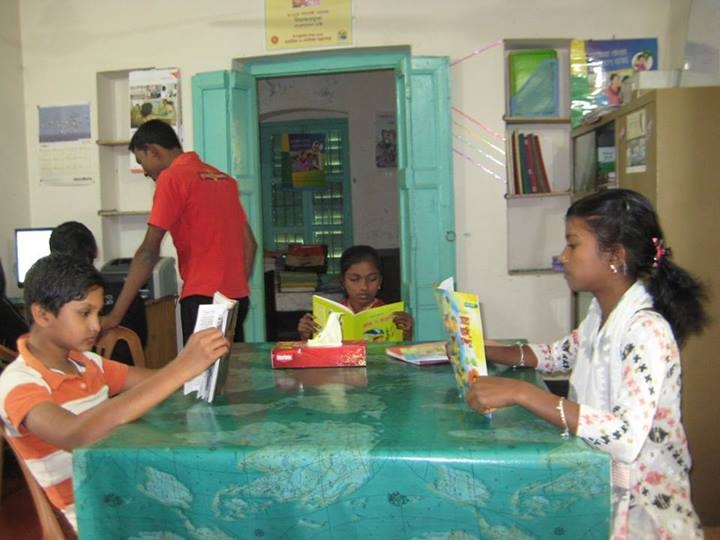
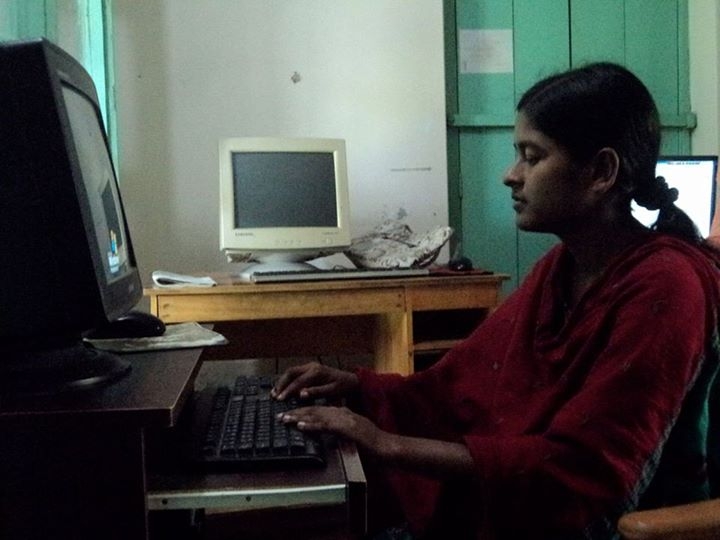
Internet for the Farmer Education and Information:
In 2002 Bathgari GBK provided internet support and it was the first time in Bangladesh history that, rural farmer get to know and connected with internet. Initially they are connected to information gateway through e-mail and gradually through website. In the first place, ESDO build the platform for internet communication which the farmers got the information on production and easy marketing of their crops. Following service are provided the farmers;
- GBK provided information about safe farming, pest control, hybrid farming, organic fertilizers,information about household composts, best time for farming different crops, information about climate changes etc. to help the farmers.
- GBK introduced a hotline number, where 24/7 facilities were available for any queries about farming, techniques, pest control, organic pesticides and all other information.
- It was build an ICT center virtually, where all the necessary information will be compiled with proper guideline, pictures, videos and information.
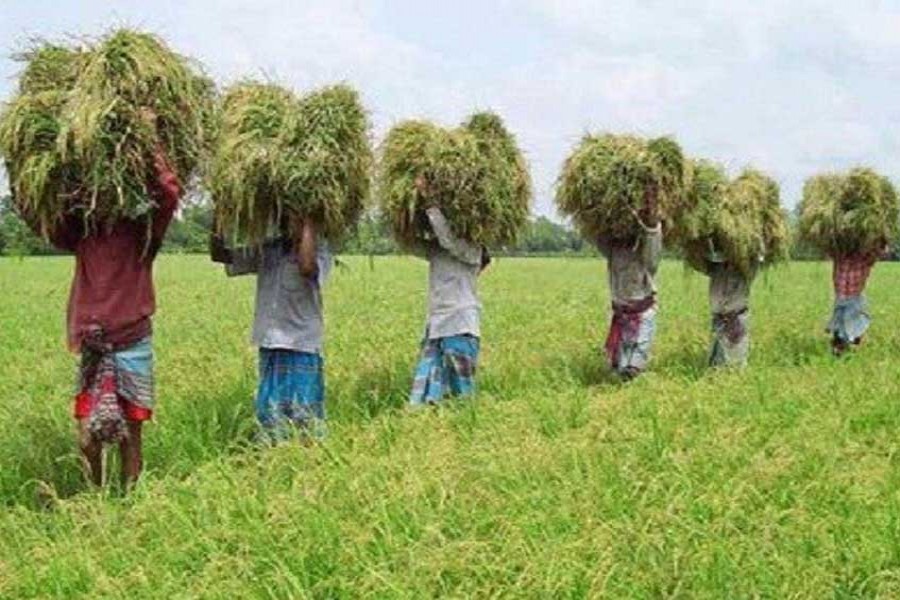
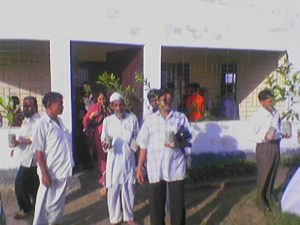
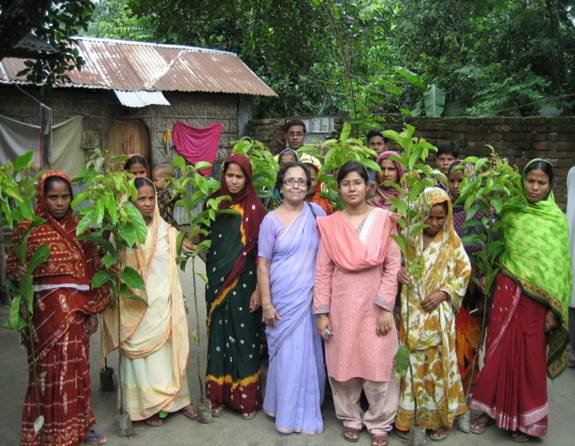
GBK Natore Project:
The project area is within the small villages of Baro & Choto Hatiandha of Shingra Thana, Nator District. The total population of the area is 5,723 out of which there are 3,064 women. The rate of adult women’s literacy in the area was extremely low (only approximately 12%) when we started. Most of the inhabitants of this area are agricultural laborers.
TRAINING
The program’s core component is an eight-month adult literacy program. Approximately 700 adults (mostly women) have participated to date. Literacy classes are followed by training on income generating activities, including sapling production, vegetable cultivation, candle making, sewing, and computer skills. With the funding support from Bangladesh US women Charity “Samhati”, ESDO has opened a small shop to sell these products. The participants are also learning about natural resources management, including generation of organic bio fertilizer, seed preservation and marketing, renewable energy, and waste management and recycling. Project has provided 1,500 sapling trees, which project members planted in the community.
ESDO provides indigenous pre-primary schools to support the transition to mainstream schools for these children and allow them access education that would otherwise be unavailable within these communities. We also provide education programs three indigenous languages, supporting these communities to maintain their unique language and culture
Through our indigenous knowledge centers we assist the indigenous peoples in preserving their linguistic and cultural heritage. The indigenous knowledge center also plays a critical role in preserving knowledge about the native wetland plants, many of which have unique medicinal properties. The wetlands and marshes in the area are increasingly under threat due to increased settlement. Preserving indigenous knowledge and empowering indigenous communities is an essential part of the wider environmental protection of the area.
Initiatives of ESDO
- ESDO provides technical assistance and training in a range of areas.
- ESDO also provides IT training, business operation and financial management.
- Training on jewelers and candle making, Vegetable growing
